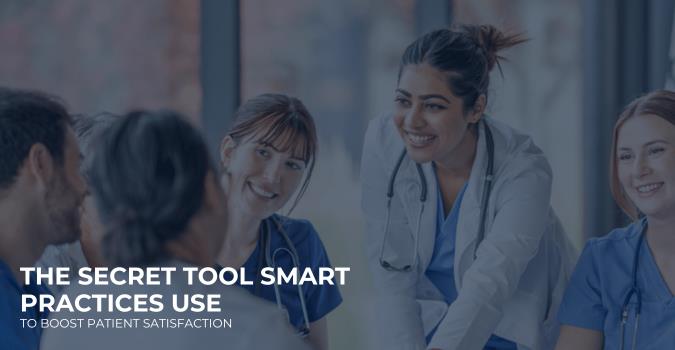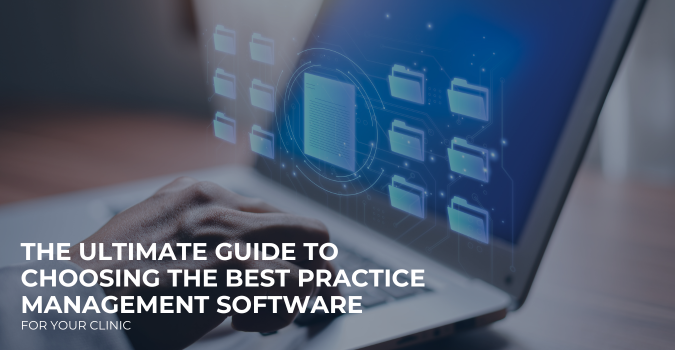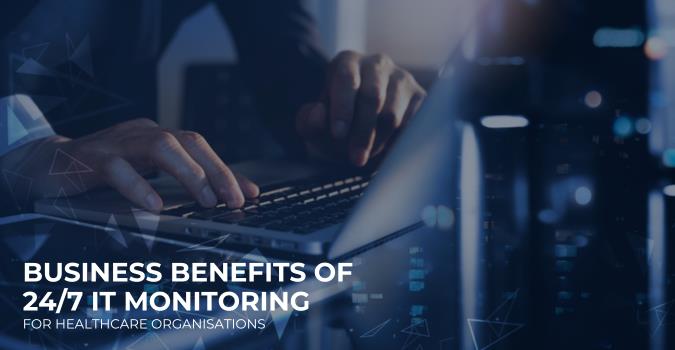In today’s fast-paced digital world, patients expect the same level of convenience and accessibility from…
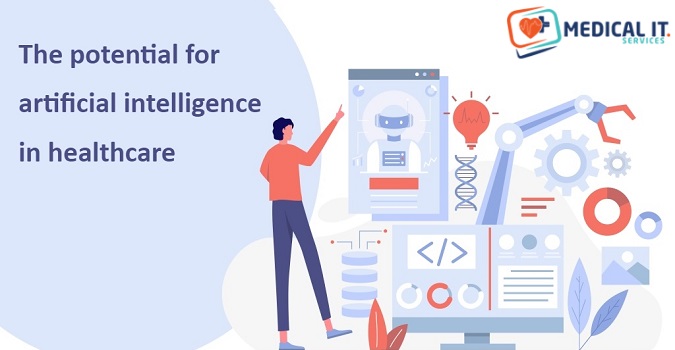
How Artificial Intelligence is Helping Healthcare Industry
Digital technology is moving fast, with fundamental changes to almost every aspect of daily life — including the delivery of healthcare services. In the digital era, patients expect medical to be convenient, accessible, and delivered seamlessly. To find cost-effective solutions and improve patient outcomes and operational efficiency, balancing this artificial intelligence in healthcare can be a sounder for everyone. Artificial intelligence in healthcare is hovered to become a transformational power in the industry and it is benefiting healthcare providers and patients from AI tools.
What is artificial intelligence in healthcare?
Artificial intelligence (AI) is a useful method that can improve the speed, efficiency, and effectiveness of healthcare systems. By analyzing huge amounts of data in real-time, AI can help increase clinical and nonclinical decision-making, decrease medical variability, and optimize staffing. Similarly, AI can decrease the tedious administrative task volume that usually leads to burnout among healthcare experts.

Why Use AI In Healthcare?
Medical organizations are using AI technology to inform decisions and improve experiences with data. Artificial intelligence in healthcare is changing the way treatment is being provided. Healthcare organizations have gathered extensive data sets in the form of health records and images, population data claims data and clinical trial data. AI technologies are well fitted to examine this data and uncover ways and insights that humans could not find on their own. With profound learning from AI, clinics & hospitals can employ algorithms to help them make better business and clinical decisions and enhance the quality of the experiences they deliver.
Benefits of Artificial Intelligence in Healthcare
AI has the capability to examine big data sets – pulling together patient insights and leading to predictive analysis. Promptly gathering patient insights helps the healthcare ecosystem discover key objectives of patient care that require enhancement. There are three key benefits of artificial intelligence in healthcare.
- User-centric experiences
Utilizing immense datasets and machine learning, medical practitioners can find insights quickly and more accurately with AI, allowing improved satisfaction both internally and with those they help.
- Linking disparate medical data
Healthcare data is usually fragmented and in different formats. By using AI technologies, healthcare can connect disparate data to get a more concise view of the individuals behind the data.
- Enhancing efficiency in operations
AI technologies can help healthcare organizations make the most of their data, assets, and resources, improving efficiency and increasing the performance of operational workflows, processes, and financial operations by analyzing data patterns.
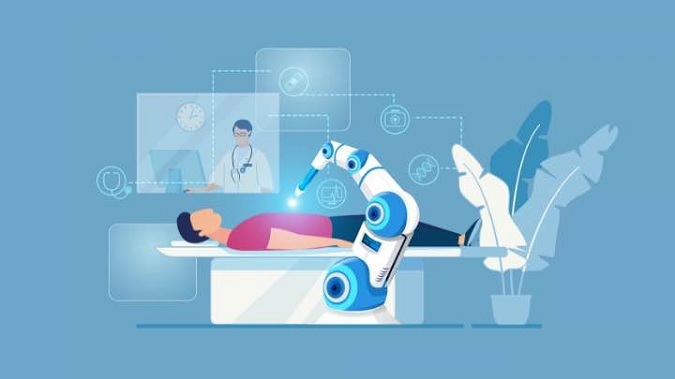
9 ways AI is transforming the healthcare industry
Here are nine ways in which AI technologies are accelerating the digital transformation of healthcare and artificial intelligence solution companies for the healthcare industry are helping medical professionals in business continuity.
- Enhances Accuracy
Artificial intelligence (AI) can increase the information accuracy that medical experts receive so they can easily prioritize their time, empowering them to concentrate on patient care.
- Elevates Interventional Insights
One of the most advantageous applications of AI in healthcare is its integration into diagnostic imaging analysis. By using artificial intelligence in healthcare to examine images collected during a scan, doctors can easily identify the problem. It works by scanning every visual frame of the procedure in real-time and alerting doctors to the presence of lesions — including small, flat polyps that can easily go hidden by the human eye.
- Creating The Future Radiology Tools
Radiological pictures acquired by MRI machines, CT scanners, and x-rays offer non-invasive visibility into the internal workings of the human body. But numerous diagnostic methods still depend on physical tissue samples got through biopsies, which have risks including, infection.
Artificial intelligence in healthcare will allow the next generation of radiology tools that are precise and detailed enough to replace the need for tissue samples.
- Training and Education
Technology advancements are making constant transformations in the delivery of healthcare services. Healthcare providers must pursue new training and education opportunities to adjust to this quickly evolving landscape. AI supports these measures by revolutionizing the capture, storage, and analysis of surgical video.
- Prioritizes Patient Care
Prioritizing patient care for most importantly sick patients is one of the keys to providing equitable, accessible healthcare. Software Powered by AI can help healthcare with decision-making, assuring that no patient falls through the cracks.
- Promotes Equity In The Healthcare Industry
By making algorithms from data sets that recall various patient populations, AI can help decrease the bias that usually penetrates the healthcare ecosystem and makes barriers.
- Health Monitoring Through AI Devices
Every consumer now has access to devices with sensors that can gather important data about their health condition. From smartphones with step trackers to wearables heartbeat trackers, an increasing proportion of health-related data is generated on the go. Artificial intelligence (AI) will play a key role in extracting insights from this large and varied treasure data trove.
- Fetching Intelligence To Medical Devices
Smart devices in healthcare are important for monitoring patients in the ICU and other places. Using artificial intelligence to increase the ability to determine deterioration, indicate that sepsis is taking hold, or sense the development of complications can greatly enhance outcomes and may decrease costs related to hospital-acquired condition penalties.
- Decreasing The Burdens Of Electronic Health Record Use
Artificial intelligence (AI) may also help to process routine demands from the inbox, like prescription refills and result from notifications. It may also support prioritizing tasks that truly require the doctor’s attention. It makes it easy for users to work through their to-do lists.
The Bottom Line
Leveraging AI for healthcare decision support, risk scoring, and early alerting is one of the most advantageous aspects of development for this revolutionary approach to data analysis. AI-powered solutions have made small steps towards addressing key problems but still have yet to achieve a meaningful overall impact on the healthcare industry globally. So, without skipping out on the technology, reach out to Medical IT. Services for AI-based healthcare solutions to ease your daily operations and stand ahead of your competition.
Related Articles:

